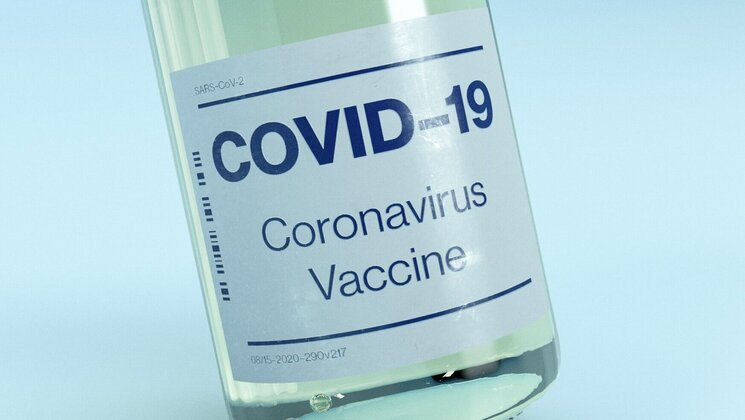Study on coronavirus antibodies launched in Saaremaa and Õismäe
From May 11, family doctors in Saaremaa and Õismäe started to invite volunteers to take part in the study on coronavirus antibodies KoroSero-EST organised by the University of Tartu. Based on random sampling, the vein blood of 1,080 participants from both communities will be analysed for the presence of antibodies to estimate the number of people having been exposed to coronavirus. After the pilot study, a larger study across Estonia is planned.
The exact number of people who have been infected with coronavirus or recovered from the disease it causes is known nowhere in the world, including Estonia. This is why the University of Tartu researchers in cooperation with family doctors in Saaremaa and Õismäe have started a sero-epidemiological research project lasting until the end of July, aiming to determine the presence of COVID-19 antibodies in the person’s body. The antibodies indicate whether a person has been infected with COVID-19.
The research team is led by Piia Jõgi, Assistant of Paediatric Infectious Diseases at the University of Tartu focusing on research in communicable diseases. Jõgi says that there are probably many people who do not even know that they have been infected with coronavirus or been ill. “The detection of antibodies helps to identify people who have had COVID-19 without any symptoms. Only this gives us the best overview of how many people have been exposed to coronavirus,” said Jõgi.
Communities and sample included in the study
Saaremaa was chosen for the study since there the COVID-19 infection rate is the highest in Estonia. The other community included in the study, Õismäe district in Tallinn, was randomly chosen from among regions with a lower infection rate. The comparison of the results of the two communities is important for making balanced conclusions and planning the Estonia-wide study.
In both communities, the Estonian Health Insurance Fund formed random samples and 1,080 people from Saaremaa and 1,080 people from Õismäe will be invited to participate. Based on random sampling, the study will involve people from all age groups, from newborns to 100-year-olds. 120 people from all 10-year age strata will be invited to the study, except for 80–100-year-olds, among whom 120 people will be invited.
The size of the sample, 1,080 people from both communities, is based on statistical calculations. “It is indeed very difficult to calculate the right size of the sample without knowing the prevalence of COVID-19. Thus, one goal of the study is to collect information for determining the right sample for the Estonia-wide study,” Jõgi explained.
Participation in the study is voluntary. “We are counting on people’s willingness to cooperate, as the faster we manage to involve 1,080 people from both communities, the faster we can get the first overview of the prevalence of coronavirus and can start to plan the Estonia-wide study. The more we know about the virus, the better we can fight against it,” said Jõgi.
Progress of the study
Local family doctors invite participants to the study by phone. Participants are expected to fill in a short questionnaire, asking, for instance, whether the person has been ill since March, has been tested for coronavirus by nasopharyngeal swab and if so, what was the result. Then a sample of blood will be taken from the vein and the presence of coronavirus antibodies will be determined by the ELISA test.
The Government of the Republic allocated 300,000 euros to support the pilot project for sero-epidemiological research KoroSero-EST in Saaremaa and Õismäe.
The University of Tartu is also conducting a study on the prevalence of coronavirus, in which the prevalence and progress of the pandemic in Estonia is determined by PCR test of nasopharyngeal swab sample. A random statistical sample of 16,000 to 20,000 people will be interviewed and tested across Estonia to give the state evidence-based data for the gradual exit from the emergency situation.
Piia Jõgi
Assistant of Paediatric Infectious Diseases at the University of Tartu, head of the sero-epidemiological study
piia.jogi@ut.ee






